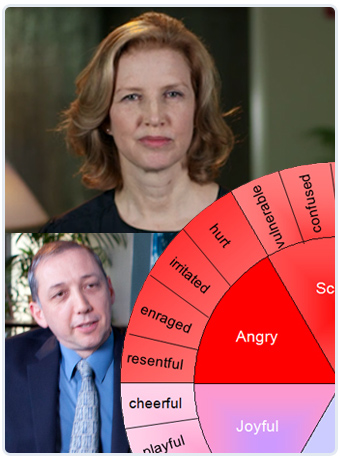
Skills Training for Affective and Interpersonal Regulation is an evidence-based cognitive-behavioral therapy for individuals suffering from Posttraumatic Stress Disorder (PTSD) including chronic and complicated forms as well as for individuals with PTSD and co-morbid disorders.
STAIR consists of several core treatment components that are designed to be provided in a flexible manner to address the unique needs of adolescent and adult trauma survivors with PTSD as well as emotion regulation and interpersonal problems. STAIR can be used with survivors of any type of trauma such as combat, accidents, sexual assault, etc.
Specifically, STAIR is a short-term treatment that may work in as few as eight treatment sessions. Of course, treatment may be provided for longer periods depending on the client's needs.
Although STAIR has a manual and is designed to be delivered in a structured sequence, it is not a “cookbook” of regimented procedures delivered in an impersonal manner. STAIR is best delivered by creative, resourceful therapists who have developed close therapeutic alliances with their clients.
You can return whenever you like to review techniques, print out scripts, watch videos, and refresh your learning.








